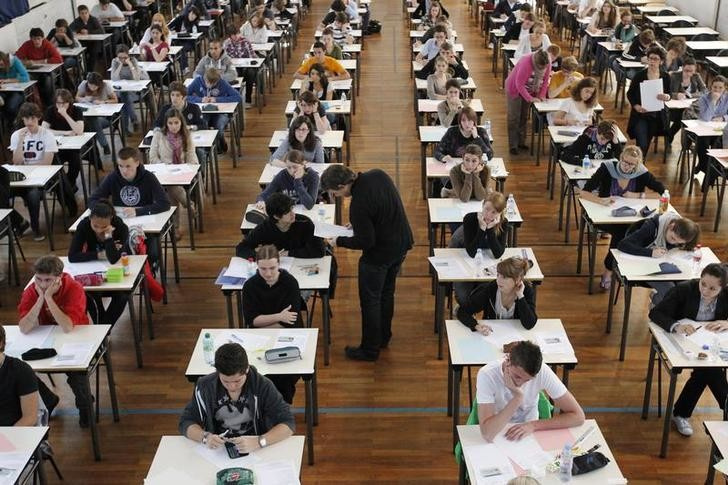
The Assessment Battleground
Historically, in many societies, assessment has been simply an end-of-course (or semester, year, or programme) formal examination. That assessment system meant teachers acted as coaches and instructors, whereas external bodies or agencies made decisions about the quality of individual student performance. School leaders looked at examination or qualification success rates and used that information to evaluate teacher performance (e.g. a good teacher had a higher than predicted rate of success compared to the ability level of the class the teacher had). Likewise, parents tended to evaluate teacher quality based on whether their child passed. This was not the purpose of examinations, but was a use to which various stakeholders put them.
Policy reform throughout the 1980s and 90s, now associated with the Global Education Reform Movement[1], led to the development of standardised tests of student achievement as a formal government mechanism to hold schools and teachers accountable for their use of state or public resources. This approach gained momentum in England because there was a perception that 'the lack of an examination or national system of testing at the end of primary school left this sector of schooling wide open to criticism of performance standards across the primary age range (5-11).'[2] Hence the introduction of Standardised Assessment Tasks (SATs) at Key Stages of schooling (i.e. ages 7, 9, 11 and 14) and many other mechanisms with the 1988 National Curriculum.[3]
A substantial response against Key Stage census testing, combined with the publication of league tables[4], led to substantial resistance to using standardised tests to make judgments about schools.[5] That reform movement, known as Assessment for Learning (AFL), insisted the proper place of assessment was a formative, improvement-oriented perspective in which teachers involved students in interactive practices that would deepen understanding and reduce the consequences attached to assessment scores or reports.[6]
The pedagogical priority of AFL[7] meant that assessment was no longer used to judge teachers, schools or students; instead, it was meant to serve better learning outcomes. Nonetheless, the tension between governmental desire to collect data on the effectiveness of schools and educators’ insistence that assessment serve learning created a contested cognitive space for teachers.